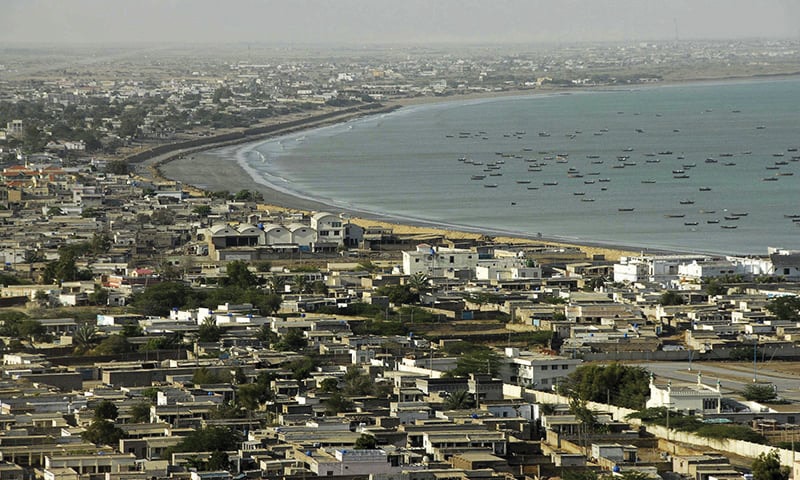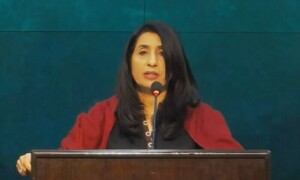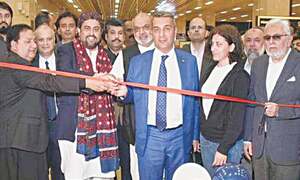ISLAMABAD: The Planning Commission has initiated the process to launch a project for developing Gwadar as an integrated ‘smart port city’.
The plan aims to leverage information technology-based solutions to boost economic productivity and quality of life of Gwadar citizens, whilst minimising resource consumption and pollution.
With the inclusion of the port in the China-Pakistan Economic Corridor (CPEC) project, there is an urgent need to update the existing plan to reflect the new strategic direction, a Planning Commission document said.
The current master plan of Gwadar city, last updated in 2005, has two interdependent elements: the port and the city of Gwadar. The strategic focus on simultaneous development is primarily due to the natural, symbolic relationship that exists between a port and the city that surrounds it; one cannot be developed without the other.
A shortage of resources, non-fulfilment of concession agreements by the Pakistan government and the original concessionaire – the Port of Singapore Authority, and the limited commercial activity in Gwadar city have together retarded the development of the port over the last few years.
As of 2013, the concession for the port has been awarded to a Chinese operator who is in the process of updating the port master plan. Under the new plan initiated by the Planning Commission, the port will be considered as a separate entity from the city.
The new plan is also designed to update the existing master plan of Gwadar city, and develop strategies for the establishment of Gwadar as a preferred economic and lifestyle destination.
The plan will be based on inclusive and sustainable strategic development to ensure the socio-economic uplift of the Makran coast in general and the Gwadar region in particular. The plan will recommend regulatory interventions and ways and means to develop Gwadar as a special economic zone (SEZ) and ensure near-term economic growth, including trickle-down effects.
It would also suggest strategies to facilitate trade, tourism, community participation, public-private partnerships and industrial and economic development on a national and regional level.
The CPEC is already in the early stages of execution and comprises of a comprehensive package of motorways and expressways, national and urban railways, high-speed fibre-optic connectivity and associated urban and social infrastructure, stretching from Kashgar to Gwadar.
Under the plans for the corridor, it is envisaged that the port would be declared a ‘free’ port to facilitate trans-shipment, and the city would be declared a SZE in order to spur trade and investment.
Published in Dawn, September 19th, 2017
















































